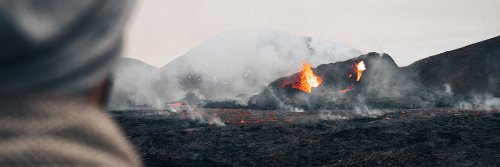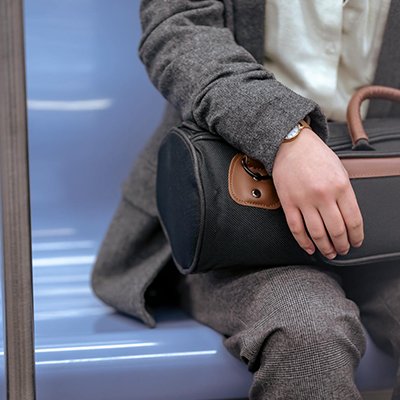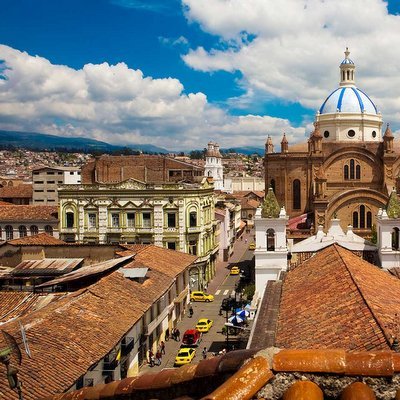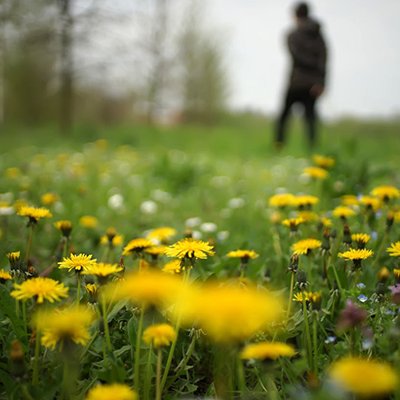Natural disasters are terrorizing the world, and it's like looking into a crystal ball when making future holiday plans—a definite reason to ensure your travel insurance will cover you for any contingencies. With climate change, hurricanes, cyclones, massive landslides, floods, volcano eruptions, earthquakes and wildfires plague tourist hotspots. Islands and coastal destinations can be anything but a chill-out time by a sandy beach if a tsunami rolls through, and certain countries are more prone to earthquakes than others such as Japan.
The small independent tax haven of Andorra in the Pyrenees Mountains on the border of Spain and France is the least likely country in the world to experience a catastrophic disaster, apart from getting lost in the snowy mountains during the winter, which is on you. The Philippines are at the other end of the risk factor scale, with India and Indonesia only slightly lower. The chances of nature interrupting your dream getaway changes dramatically with your destination, unless you consider the risk factors of its geological foundation or weather influences. However, some of the most intriguing and exciting destinations are named high risk for natural disasters to occur.
So, you've planned ad nauseam and booked your vacation of a lifetime only to learn that a natural disaster of some description has occurred at your destination. Do you cancel your trip? Do you have the flexibility to put it off until everything has returned to normal? Or do you rethink your plans and pick another location at the last moment?
To many tourist towns, tourism is their lifeblood. A natural disaster can often be the precursor to a financial disaster for the region, as recovery depends on the return of the tourist dollar (euro, ruble, peso, franc, or whatever).
Before you make up your mind about whether to go or not, consider the following and the fact that every catastrophe impacts in a different way and in severity:
The First 24 - 48 Hours After
Evaluate the situation—if you booked with a reputable travel agent, chances are they use local businesses, hotels, and tour guides. Your travel agent should be your first contact. They will have first-hand knowledge and not be influenced by media hype.
If no travel agent is involved, head to the local government or council website, plus media outlets; even Facebook can be a source of local knowledge. But beware of scare-mongering tactics as you are chasing facts, not blown-out-of-proportion raves. Also, contact your accommodation direct and enquire about the situation—many will offer alternative dates or refunds if it's deemed unfit for you to stay at your chosen hotel.
Always contact your travel insurance company and put them on notice.
Empathy
Immediately after a disaster, tourists are only a hindrance to the clean-up operation—unless you are skilled in emergency work and prepared to volunteer your services in your field of expertise. You need to consider if you would be taking away from the locals the scarce valuable resources such as water and food. Authorities and emergency response teams will be busy coordinating evacuations, repairs to infrastructure, and dealing with displaced people or people needing medical care. At this point, locals can be in shock and have feelings of despair, so sensitivity to their plight must be foremost in your mind.
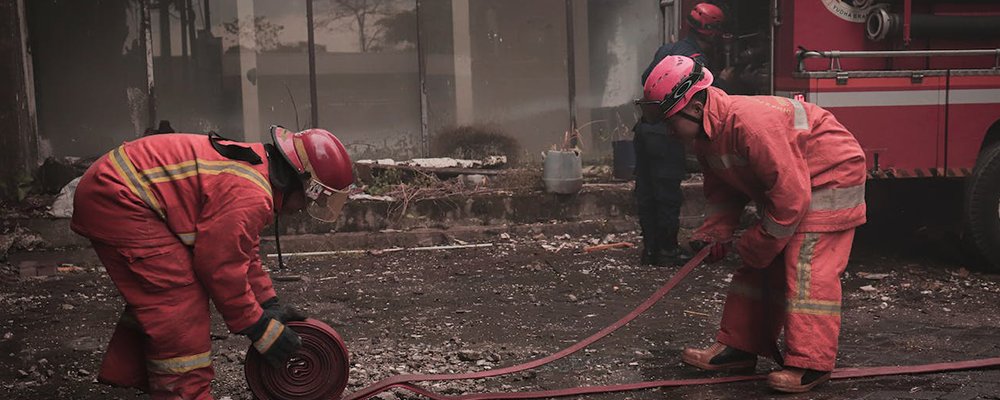
How to Help
Reduced or no visitors can devastate a local economy that relies on tourism—adding to the despair of a shattered community. Defer rather than cancel your trip. Or, if it's feasible to go ahead with your plans despite minor inconveniences, such as no running water for a few days—bring out the adventurous side of your nature and continue with your plans. Putting up with a few unexpected hassles never hurt anyone, and it will keep the tourist economy afloat for a community that may be doing it hard. Consider the locals and spend where you can in restaurants, shops, and tours open for business. Check out what local charities that may require either physical help or donations to support those doing it tough.
Most tourist destinations recover from natural disasters, whether it's days, weeks, or months, and in some devastating instances, it may be years. If you go ahead with your planned vacation after considering the practicalities of doing so, put a halo on your head and be sensitive to the feelings of the people you are interacting with.
In other words, don’t bitch and complain about a minor issue that may not be up to the usual standard—you need to consider the bigger picture.
Gail Palethorpe, a self proclaimed Australian gypsy, is a freelance writer, photographer and eternal traveller. Check out her website Gail Palethorpe Photography and her Shutterstock profile.

